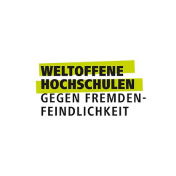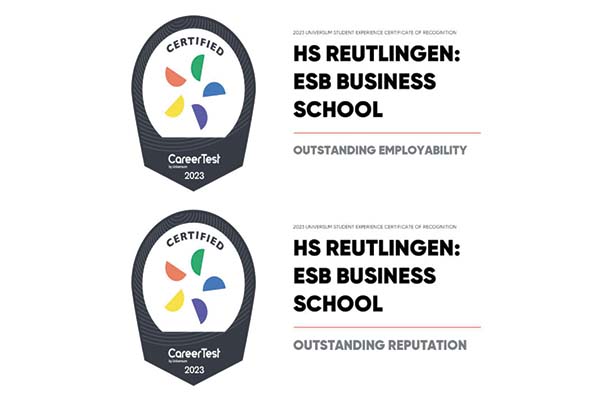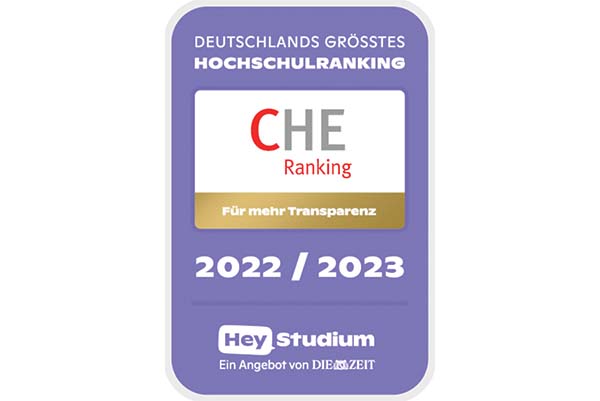Future market Africa

By Sven Rottner and Simon Züfle
How can small and medium-sized enterprises (SMEs) gain a foothold in sub-Saharan Africa? Which approaches are particularly suitable? What local conditions need to be taken into account? These are the questions addressed by the research project "Doing Business in Africa" headed by Professor Philipp von Carlowitz.
Expanding middle class and high economic growth
Wars, corruption and disease - these three "Cs" still dominate the public perception of Africa. However, the continent also holds great opportunities and future markets with its growing middle class, advancing urbanization, high economic growth in numerous countries, and increasing economic integration within the continental free trade area.
The research project "Doing Business in Africa" (DBA) at Reutlingen University’s ESB Business School takes up these topics. The project, launched mid-June, is part of the Africa research economics cluster and is carried out in cooperation with the Kiel Institute for the World Economy (IfW). The project is funded by the German Ministries of Economics and Finance. The research aims to strengthen evidence-based policy advice for German and European Africa policy and to engage African partners.
Knowledge transfer to businesses
The cluster identifies and analyses important and current economic and economic-policy issues relating to Africa. A major focus is also on the topic of "Africa as a market of the future", closely examining companies’ perspectives on African markets.
In this context, the research project at ESB Business School focuses on the activities and success factors of small and medium-sized enterprises (SMEs) in the markets of sub-Saharan Africa. The close cooperation between the research project and the business community is intended to transfer knowledge to companies.
Success factors for SMEs
The project team at ESB Business School is interested in two overarching questions. Professor Philipp von Carlowitz, head of the project, for example, is investigating various business models: “In this project, we aim to find out which business models are particularly well-suited to the African framework conditions and how SMEs can successfully enter the African market." Simon Züfle, academic assistant at ESB Business School, adds, "Our approach seeks to identify operational success factors in business in sub-Saharan African markets, especially for SMEs. Based on this, the final goal is to develop appropriate go-to-market approaches for SMEs in Africa."
The first phase of the project will run in until the end of 2022. Simon Züfle is available to answer questions.







